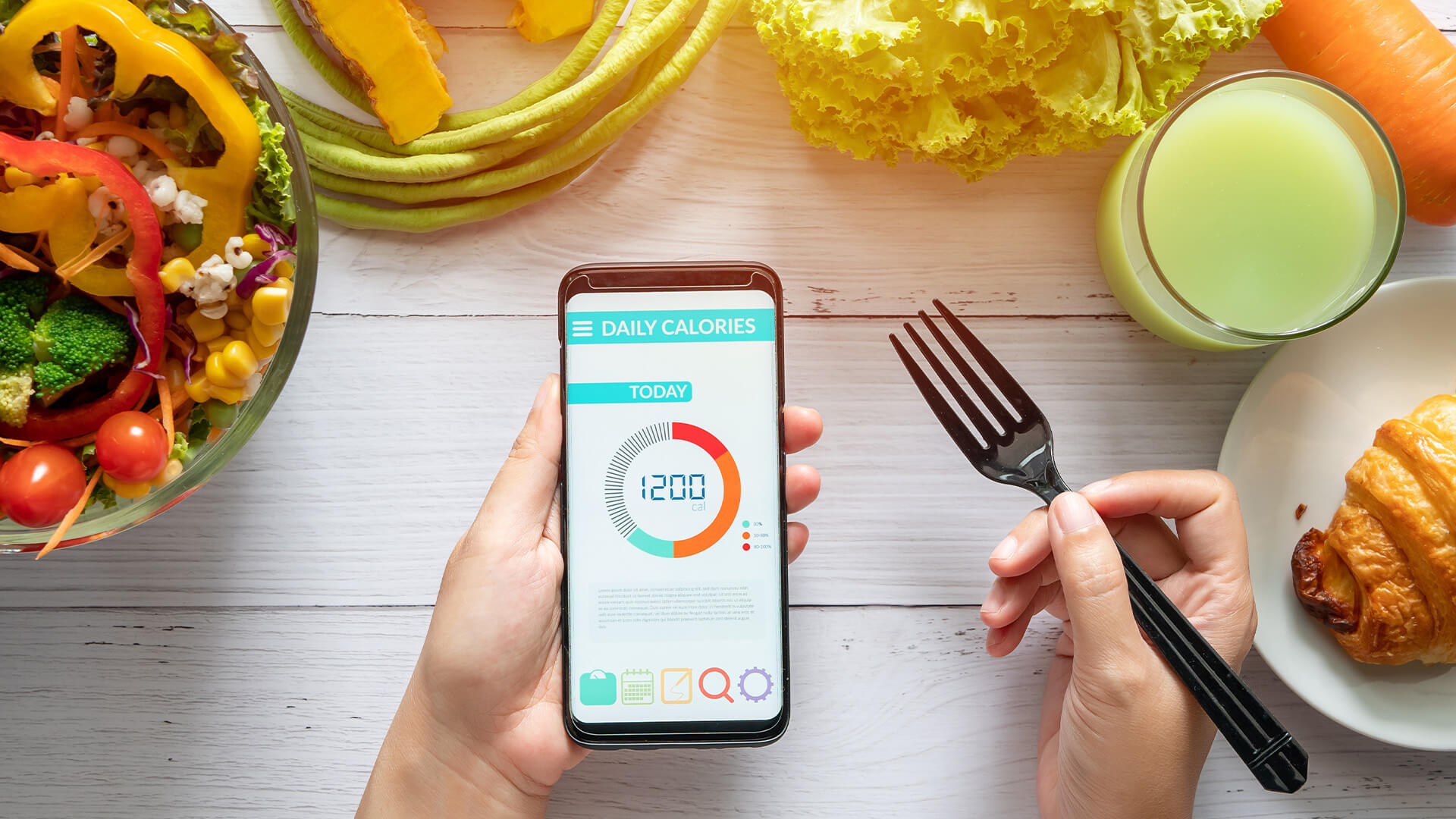The fitness industry is constantly evolving, with technology, digitisation, and consumer behaviours leading the fitness movement. From home and outdoor gyms to wearables and live streaming classes, there are a range of advanced tools to help us optimise our performance and reach our goals quicker.
Fitness apps, and diet apps, in particular, have been around for a while, but they’re really gaining momentum right now. They help us tackle one of the most important components of our health – diet – and they do that in a very smart and innovative way. Leisure Lakes Bikes, online retailer of road, electric, and mountain bikes, explores how the fitness and diet apps market has been growing, and how effective these apps are.
The fitness apps market
Over the past two years, we’ve put a strong emphasis on our health and wellness. Home gyms, wellness coaches, and nutritional webinars are only a few examples of the trends that have defined our approach to staying fit and healthy.
One fitness trend that has gained significant force is mobile fitness apps, and it’s going to dominate the fitness industry between 2022 and 2025, according to Exploding Topics.
But why are fitness apps so popular right now? First of all, information technology has revolutionised the way the fitness industry operates. During the pandemic, many people transferred their fitness routine from brick-and-mortar gyms to online home sessions. This led to an increase in downloads of fitness and health apps by 46.0% between Q1 and Q2 2020, according to MoEngage and Apptopia. Moreover, the rising awareness of health and wellness and the demand for well-being-related products are also a major factor.
The variety of fitness apps that exist offer an accessible hub that has everything in one place: from a fitness coach and exercises to a meal plan and a progress tracker. They are the digital alternative to fitness and are favoured by many.
With 679.79 million users worldwide, fitness apps are expected to generate revenues of £12.65 billion in 2022. £225.26 million of that revenue is generated in the UK. And their growth doesn’t stop here. By 2026, fitness apps are forecasted to reach 940.82 million users and a revenue of £23.05 billion.
Trending diet fitness apps
According to Exploding Topics, there are three types of fast-growing fitness apps: activity trackers, guided workout apps, and diet apps.
The latter, which includes meal planners, nutrition trackers, and calorie counters, has been around for many years. MyFitnessPal, for example, has a rich database of foods, dishes, and restaurants, and the precise nutritional value of their offerings. With this, users can monitor calories, as well as their intake of macronutrients and micronutrients. It was established in 2005, but it wasn’t until 2009, when MyFitnessPal launched on iOS, that the app exploded in growth.
MyFitnessApp is still enjoying a massive userbase. In March 2022, the app had 1 million downloads worldwide and £6.13 million revenue.
Noom is another success story diet app. Launched in 2008, the Noom app didn’t take off until 2016. In 2017, the company had a mere £9.19 in revenue, and in 2020, it generated £306.52 million in revenue, which is almost double the £181.59 million it made the year before. Moreover, Google Search volumes for “Noom” have increased by 420% in the past five years. Referred to as the “Weight Watchers for millennials”, Noom’s hook is that it fuses science with psychology to provide a mindful approach to dieting that’s completely personalised.
How effective are they?
With such a wide range of diet fitness apps on the market, you may wonder about their efficiency.
A study by G. Ferrara et. al. explored the usability of diet-tracking apps and how effective they are in terms of making a positive behavioural change. Based on the System Usability Scale (SUS), seven diet-tracking apps were compared against the integrated behaviour change theory framework over a three-day period.
Out of the seven apps in the study, LifeSum scored the highest on the SUS scale (89.2), whereas MyDietCoach was found to be the least user-friendly app with an average SUS score of 46.7. Nevertheless, all of the apps proved to have the potential to promote self-efficacy through accurately coding calories and carbohydrates.
However, diet-tracking apps are also associated with triggering eating disorders, especially for those who are vulnerable or have a history of obsessive behaviours. A qualitative study by Elizabeth V. Eikey, featuring 24 participants, found that diet-tracking apps can be triggering and enhance eating disorder symptoms by focusing on quantification, promoting overuse, and providing certain visual cues and feedback. That’s why it’s important to be mindful of the potential negative effects of diet apps.
Fitness diet apps can significantly aid our health and wellness goals, as long as they’re used mindfully and for the right purposes. There is a wide variety of diet apps that are becoming ingrained in our everyday lives, and the market will only continue growing.

















